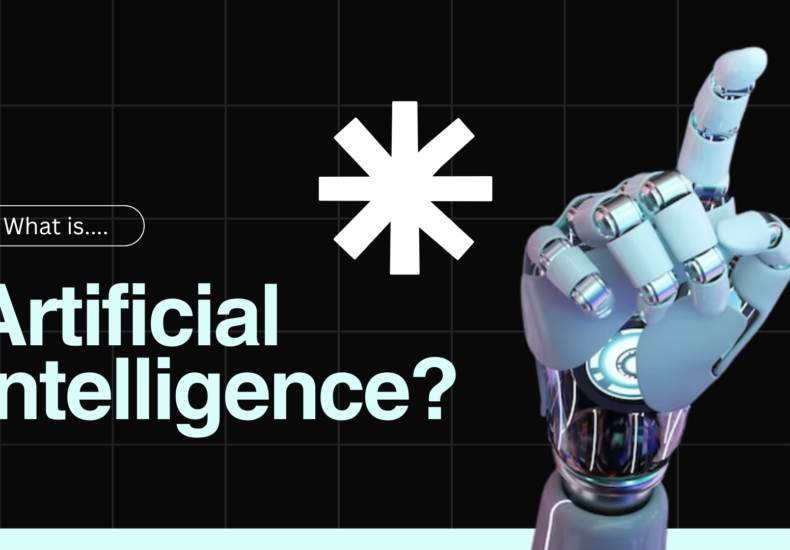
The Role of AI in Personalized Learning
Introduction
Education has always been a dynamic field, evolving with time to meet the needs of learners. One of the most transformative changes in recent years is the integration of Artificial Intelligence (AI) into education. AI has paved the way for personalized learning, offering students customized educational experiences tailored to their strengths, weaknesses, and learning styles. This article explores the role of AI in personalized learning and how it is revolutionizing the education sector.
What is Personalized Learning?
Personalized learning is an approach that tailors education to meet the unique needs of each student. Unlike the traditional one-size-fits-all model, personalized learning focuses on individual progress, learning preferences, and pace. With AI, this customization is taken to a whole new level, allowing educators to offer targeted lessons and support that maximize learning outcomes.
How AI is Enhancing Personalized Learning
AI-driven tools are being used to analyze student performance, identify gaps in understanding, and provide targeted resources. Machine learning algorithms can assess a student’s strengths and weaknesses in real-time and recommend customized study materials, quizzes, and exercises. This ensures that students receive the support they need precisely when they need it.
AI-Powered Adaptive Learning Systems
Adaptive learning systems use AI to adjust educational content based on student performance. These platforms continuously analyze how a student interacts with the material and modify lessons accordingly. If a student struggles with a particular concept, the system provides additional explanations and practice problems until mastery is achieved. Popular adaptive learning tools include platforms like Khan Academy, Duolingo, and Coursera.
Intelligent Tutoring Systems (ITS)
Intelligent Tutoring Systems (ITS) are AI-powered virtual tutors that provide real-time assistance to students. These systems use natural language processing (NLP) and machine learning to answer questions, explain concepts, and guide students through problem-solving processes. Examples of ITS include Carnegie Learning’s MATHia and IBM’s Watson Tutor.
AI and Data-Driven Insights for Educators
AI not only benefits students but also empowers educators by providing valuable insights into student performance. Teachers can access AI-generated reports that highlight areas where students are excelling or struggling. This allows educators to adjust their teaching strategies, provide targeted interventions, and improve overall classroom efficiency.
Personalized Assessments and Feedback
Traditional assessments often fail to capture the full spectrum of a student’s abilities. AI-powered assessment tools offer dynamic evaluations that adapt to a student’s responses. These assessments provide instant feedback, helping students understand their mistakes and learn from them immediately. AI can also detect patterns in student responses, offering predictive insights into their learning trajectory.
AI Chatbots and Virtual Assistants
AI-driven chatbots and virtual assistants are being increasingly used in education to support students. These tools answer questions, provide explanations, and offer learning recommendations at any time of the day. AI-powered chatbots like Google’s Socratic and Microsoft’s Cortana for Education help students with homework and research, making learning more accessible and engaging.
Challenges and Ethical Considerations
Despite its benefits, AI in personalized learning comes with challenges. Privacy concerns, data security, and algorithmic biases are significant issues that need to be addressed. Ensuring that AI-driven educational tools are fair, transparent, and secure is crucial to building trust and maintaining ethical standards in education.
The Future of AI in Education
The future of AI in personalized learning looks promising. As AI technology continues to advance, we can expect even more sophisticated adaptive learning systems, intelligent tutoring, and data-driven insights. AI will play a crucial role in making education more inclusive, efficient, and tailored to individual needs, ultimately shaping the next generation of learners.
Conclusion
AI has the potential to transform education by making learning more personalized, efficient, and accessible. From adaptive learning systems to intelligent tutoring and data-driven insights, AI is revolutionizing the way students learn and educators teach. While challenges exist, the benefits of AI in personalized learning far outweigh the drawbacks, making it a key driver of educational innovation in the 21st century.
You may also like
You may be interested
10 Study Hacks to Improve Memory and Retention
Introduction Studying effectively is a skill that can be developed...
The Importance of Critical Thinking in Modern Education
Introduction In today's fast-paced and information-driven world, critical thinking has...
STEM vs. STEAM: Understanding the Difference and Benefits
Introduction Education in science, technology, engineering, and mathematics (STEM) has...
Archives
Calendar
| M | T | W | T | F | S | S |
|---|---|---|---|---|---|---|
| 1 | 2 | 3 | 4 | 5 | 6 | |
| 7 | 8 | 9 | 10 | 11 | 12 | 13 |
| 14 | 15 | 16 | 17 | 18 | 19 | 20 |
| 21 | 22 | 23 | 24 | 25 | 26 | 27 |
| 28 | 29 | 30 | ||||
Leave a Reply